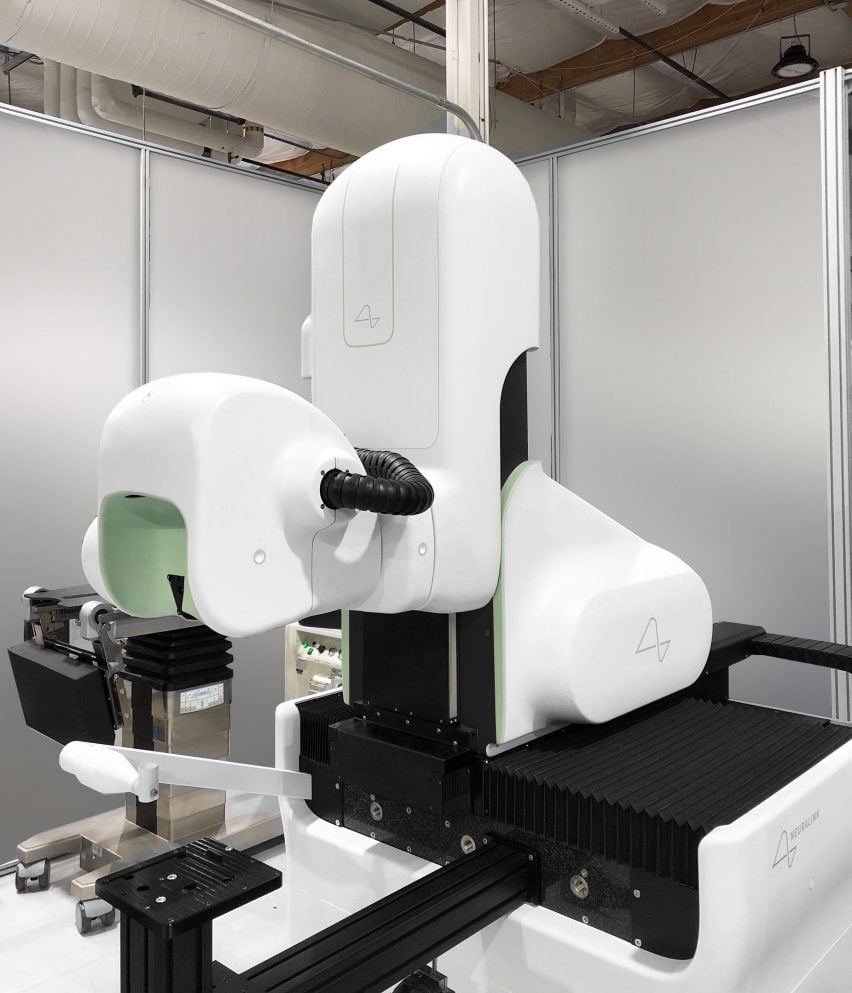Elon Musk's Neuralink implants brain chip into first human patient
Technology company Neuralink has implanted its brain-computer interface Telepathy in a human patient for the first time as part of a clinical trial, founder Elon Musk has announced.
The brain chip, which Musk has dubbed Telepathy, was designed to allow users to control a phone or computer using only their thoughts.
The first subject, who was fitted with the brain-computer interface (BCI) on Sunday, is recovering well, Musk announced on X (formerly Twitter).
The trial was greenlit by the US Food and Drug Administration (FDA) last May and began recruiting for in-human clinical trials in September. It will focus on people with quadriplegia – the paralysis of all four limbs – and other types of limited mobility.

"Initial users will be those who have lost the use of their limbs," Musk wrote on X. "Imagine if Stephen Hawking could communicate faster than a speed typist or auctioneer. That is the goal."
The Prime Study, which stands for Precise Robotically Implanted Brain-Computer Interface, was designed to evaluate the safety of both the Telepathy implant and the accompanying surgical robot.

Neuralink designed the robot to place the implant's "ultra-fine and flexible threads" – each thinner than a human hair and together housing more than 1,000 electrodes – in the part of the brain that controls a person's intent to move.
The aim is for the implant to record these signals and wirelessly transmit them to an app that is able to decode the wearer's movement intention, allowing them to browse the web or play games without having to move physically.
The study will now test whether the device functions as intended, and Musk has claimed that initial results show "promising neuron spike detection".
Musk originally unveiled plans for the brain implant in 2019 and announced that the company had begun testing on pigs the following year.
Lawmakers in the US have called for an investigation into whether Musk allegedly misled investors about the safety of the implant after veterinary records from Neuralink trials in monkeys indicated that some animals suffered "debilitating health effects".